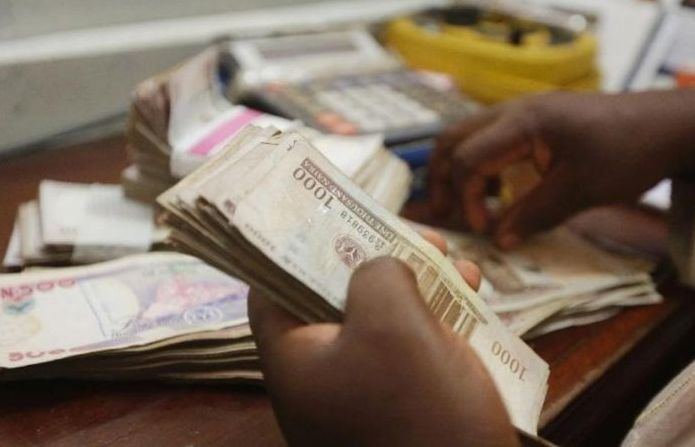Our Goal at Moneyfield Microfinance Bank is to Provide Personal Loans & Business Loans and Access to Savings & Investment Portfolios at insight competitive interest rates to Empower Small Business Owners! Site Map

The report analyzes the status of the Nigerian Microfinance Banks (MFBs) sector and aims to identify and address the challenges of its effective regulation and supervision. Ensuring the financial soundness of the MFB sector is regarded as a prerequisite for its further development. This report was prepared at the request of Other Financial Institutions Supervision Department (OFISD) of the Central Bank of Nigeria (CBN) to inform OFISD’s efforts to develop a strategy for regulation of the MFB sector with emphasis on its consolidation.
The report does not attempt to address in depth other systemic issues related to microfinance market development, such as funding constraints or gaps in financial infrastructure. While important these factors are secondary to the report’s central focus on reforming and recalibrating the regulatory framework and ensuring effective supervision, which is regarded as necessary precursors to the growth of the sector. Only once these regulatory and supervisory reforms are implemented will the MFB sector be better positioned to start to make a more significant and sustainable contribution to financial inclusion.
The findings of the report are complemented with fifteen case-studies based on a representative sample of different MFB business models and origins, drawing lessons regarding the challenges faced by the sector about factors such as their business model, governance, funding, and client base. The Microfinance Policy, Regulatory and Supervisory Framework for Nigeria of 2005 established MFBs as a means of formalizing microfinance institutions (MFIs) in order to promote financial discipline and sustainability, while also providing access to financial services to the unbanked population.
The framework was designed to attract new capital as well as to regularize Community Banks (CBs), which had been established since the early 1990s, mainly as conduits for directed lending. Licensed by the CBN, MFBs are allowed to solicit deposits, which are guaranteed by the Nigeria Deposit Insurance Corporation (NDIC).
Citation
“World Bank Group. 2017. Nigeria’s Microfinance Bank Sector : Review and Recommendations. World Bank, Washington, DC. © World Bank. https://openknowledge.worldbank.org/handle/10986/31320 License: CC BY 3.0 IGO.”